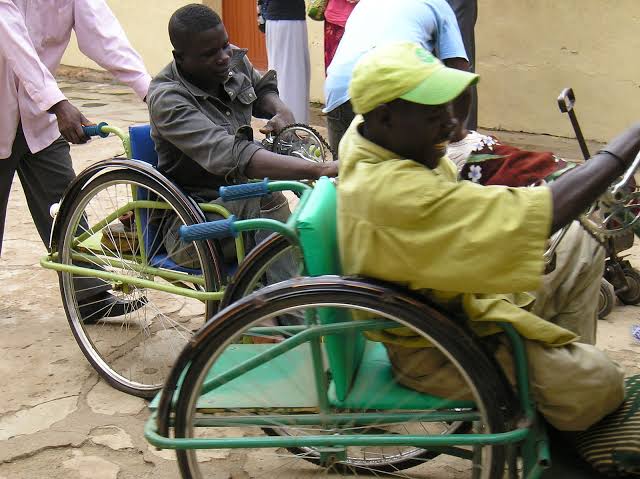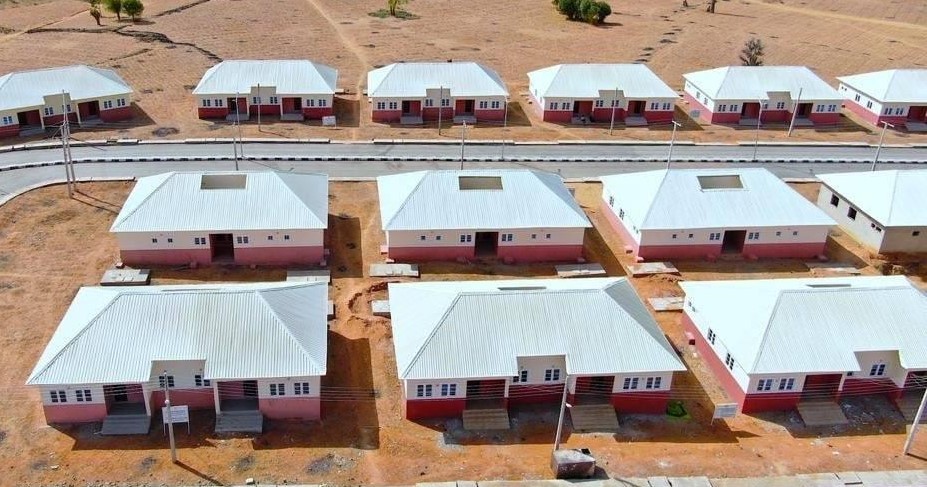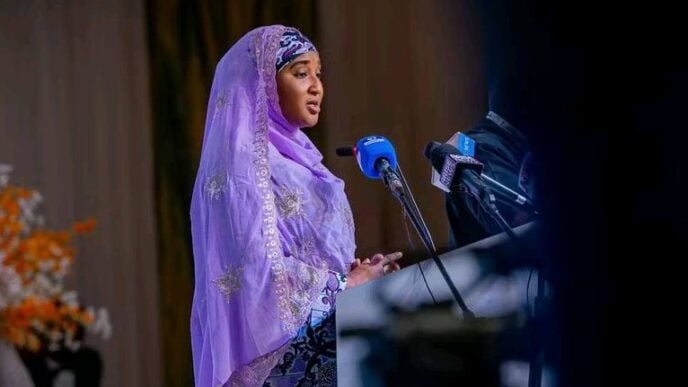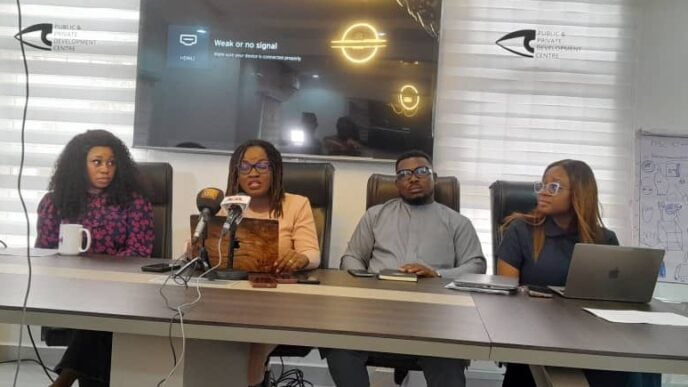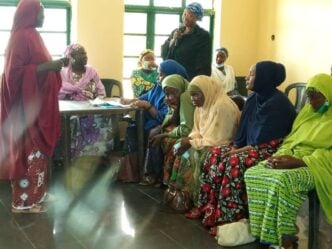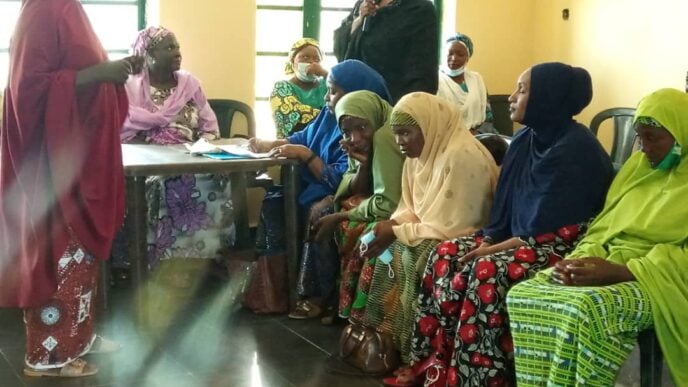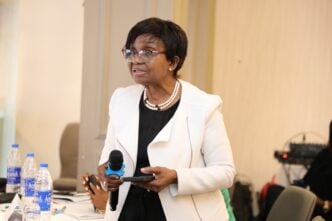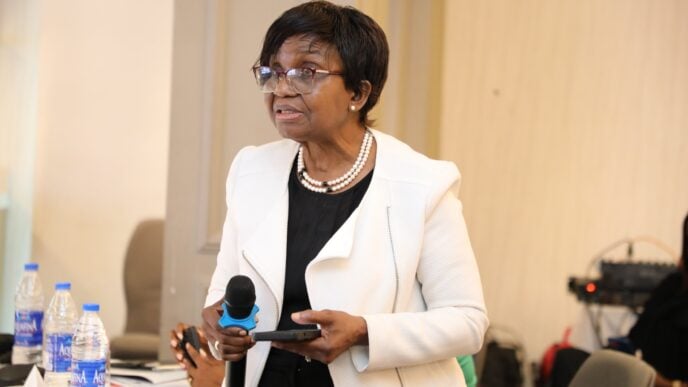PWDs | File photo
A new report on disability inclusion says 28 percent of health facilities in Nigeria lack basic accessibility features for persons with disabilities (PWDs).
The state of disability inclusion report (SDIR) 2024 was launched on Friday by Project Enable Africa in collaboration with the National Commission for Persons with Disabilities (NCPWD) and the federal ministry of humanitarian and poverty reduction.
The report presents an assessment of disability inclusion in Nigeria since the enactment of the Discrimination Against Persons with Disabilities (Prohibition) Act in 2019.
It evaluates the implementation of disability rights frameworks across the 36 states and the federal capital territory (FCT), analysing compliance with national legislation and international standards established by the United Nations Convention on the Rights of Persons with Disabilities (UNCRPD).
Advertisement
According to the report, 23 states have enacted disability laws, while only 15 have established implementing agencies.
It added that the north-west region leads in the adoption of disability law, while the south-south lags significantly.
“Only Lagos State has implemented both social protection and inclusive education policies specifically addressing disability needs,” the report reads.
Advertisement
“Public spaces remain largely inaccessible, with basic accommodation features absent in most facilities. The 5% employment quota for persons with disabilities remains unenforced, mainly due to persistent workplace discrimination. 28% of health facilities lack basic accessibility features, creating significant barriers to essential services.”
According to the report, inclusive education policies remain inadequately supported and inconsistently implemented, while programmes failed to address disability-specific vulnerabilities and needs adequately.
“Over 90% of persons with disabilities live in poverty, 80% of women with disabilities report experiencing sexual abuse, and healthcare costs create insurmountable barriers for the majority of the disability community,” the report added.
Kola Olugbodi, who represented the Project Enable Africa board members, said a five-year grace period was given for full compliance since the Disability Act was passed in 2019.
Advertisement
“This report helps us assess how far we have come, looking at accessibility, employment, and inclusion of persons with disabilities. It is not just a document; it’s a wake-up call,” Olugbodi said.
Ayuba Gufwan, executive secretary of NCPWD, represented by Nkem Uchegbulam, pledged that the commission would, along with the SDIR document, send a memo to relevant ministries and state governments to clarify how the report’s findings relate to their mandates.
